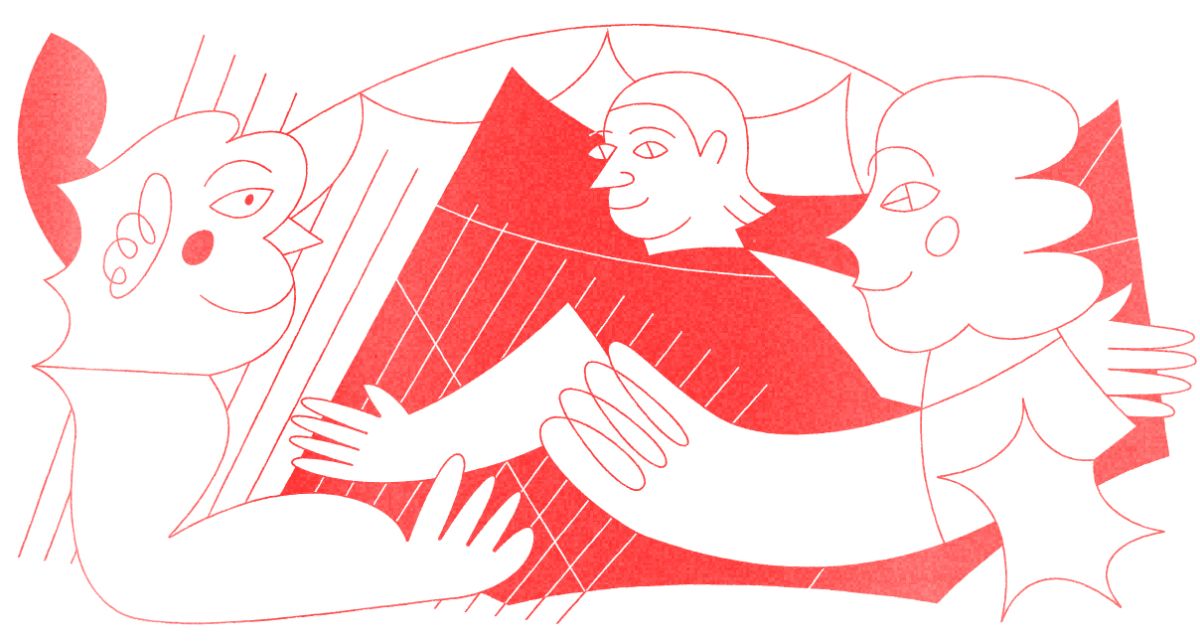This backgrounder presents Les CCU : Collaborer pour des projets de qualité, developed by the Association des architectes en pratique privée du Québec (AAPPQ, Québec’s private-practice architects association). This project was selected following the call for proposals Developing a Stronger Design Culture, Together (2nd edition), conducted with the financial support of the Government of Québec and the Ville de Montréal as part of the Agreement on the Cultural Development of Montréal.
To learn more about the call for proposals, go here.
Les CCU : Collaborer pour des projets de qualité
Take the CCU : Collaborer pour des projets de qualité training to explore positive experiences reported by all of the stakeholders involved in architecture projects in Montréal that are required to obtain an opinion from a planning advisory committee (known by its French abbreviation CCU, for comité consultatif d’urbanisme).
This one-hour interactive training session, presented in four modules, aims to foster smooth collaborations to ensure the success of your projects. You can complete the modules at your own pace, individually, or opt to do them with your members so as to prompt exchanges of ideas and discussions around the issues that concern you.
To capitalize on the added value that collaboration brings, we must:
- Be open and listen actively in our interactions;
- Work to achieve a deeper understanding of everyone’s role;
- Remain sensitive to the needs of each individual.
After completing the training, participants will be able to build harmonious working relationships to ensure the success of projects, from the initial contacts with the requester to the decision of the CCU.
The three targeted groups
1
Permit requester and architecture or planning professional
2
Municipal employees involved in preparing backgrounders for the CCU
3
Members of CCUs (internal or external to the City)
Continuous training
This training was developed to address the new requirement imposed on members of CCUs by the Act Respecting Land-Use Planning and Development, which states that “…[e]very committee member must, not later than the day that is three months after the beginning of his term of office, undergo training on his role and responsibilities on the committee.”
A form can be completed at the end of the training attesting to its full completion. This accreditation can be useful for anyone newly appointed as a member of a CCU or as proof of professional training.
Iterative learning
At various points during the training, you will be asked open-ended questions. Your anonymized answers will be shared with Montréal’s Bureau du design and with supervisors at the AAPPQ to help strengthen collaborative mechanisms, so that all stakeholders can play positive roles in transforming neighbourhoods and living environments.
Four-part training

Ready-reference files can be downloaded during the training.
The training can be taken alone or in a group to encourage discussions.
- Introduction
- Mechanisms of collaboration
- Best practices for startup and preparation of the project dossier
- Evaluation of the project, recommendations and incorporation of comments.
About the AAPPQ
The Association des Architectes en pratique privée du Québec (AAPPQ) is a non-profit organization founded in 1977 to represent and defend the interests of private architecture firms, which, by working to ensure the quality of the built environment, play an active role in the economic, social and cultural development of Québec society.
The Association’s mission is to promote the role of the private-practice architect as one of the primary custodians of heritage quality.
It acts on behalf of more than 400 architecture firms, all of which are small and medium-sized businesses, a membership totalling more than 850 directors, managers and partners.

